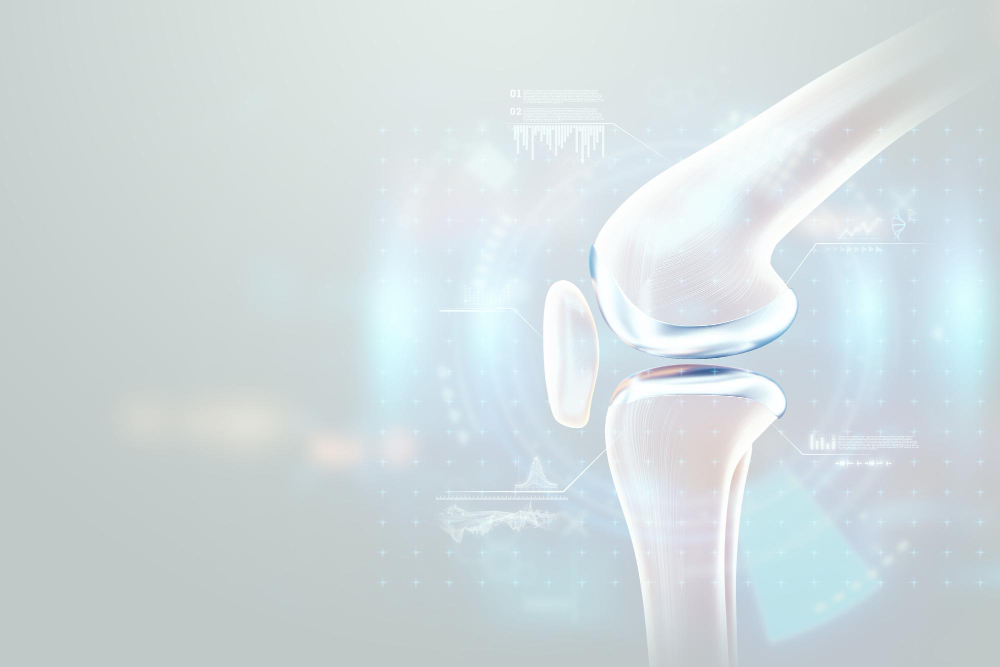Essential Steps to Enhancing Your Bone Health
[ad_1]
Essential Steps to Enhancing Your Bone Health
Healthy bones provide a strong foundation for a healthy body, meaning that taking proper care of your bone health is vital. This task is more than just getting enough calcium and Vitamin D – it requires a combination of good nutrition, regular exercise, and a number of healthy lifestyle choices. This article will guide you through some essential steps you should take to enhance and maintain your bone health.
1. Consuming Adequate Amounts of Calcium
Calcium is a key nutrient for the development and maintenance of strong bones. Milk, dairy products, fish with soft bones, and dark green leafy vegetables are all rich sources of calcium. For adults, it’s recommended to consume at least 1000 mg of calcium per day, while postmenopausal women and men over 70 should aim for 1200 mg.
2. Getting Enough Vitamin D
Vitamin D helps your body absorb calcium. Sun exposure is the best natural source of Vitamin D, but you can also find it in fortified foods and supplements. Adults under 70 require at least 600 IU (International Units) of Vitamin D a day and those over 70 need 800 IU.
3. Regular Physical Activity
Regular exercise, particularly weight-bearing and muscle-strengthening exercises, are essential for bone health. They not only improve your overall strength and balance but also encourage bone growth. Activities like jogging, tennis, yoga, swimming, and weight training can support keeping your bones healthy and strong.
4. Avoid Tobacco and Limit Alcohol Consumption
Tobacco use has been shown to decrease bone density, increasing the risk of fractures. In addition, excessive alcohol can interfere with the body’s ability to absorb calcium. Therefore, quitting smoking and limiting alcohol intake can play a significant role in maintaining bone health.
5. Regular Bone Density Screenings
Regular bone density screening can help diagnose osteoporosis, a condition that makes the bones weak and brittle, before any bone breaks occur. The tests are quick, non-invasive, and painless. Adults over 50, especially women, should consider regular bone density tests.
Conclusion
Ultimately, maintaining bone health is a lifelong commitment that requires conscious daily decisions. Incorporating a balanced diet rich in calcium and Vitamin D, engaging in physical activity, abstaining from harmful habits like smoking and excessive drinking, and getting regular bone density tests are all integral steps to ensuring strong, healthy bones. Remember, it’s never too early or too late to start taking care of your bone health.
Frequently Asked Questions (FAQs)
1. What factors affect bone health?
Several factors can affect bone health, including age, gender, lifestyle, physical activity levels, tobacco and alcohol use, dietary habits, and family history. Certain medications, diseases, and hormonal imbalances can also influence bone density.
2. Can I enhance my bone health at any age?
Yes, it’s never too early or too late to care for your bones. However, the earlier you start, the better for your long-term bone health. That said, adopting bone-healthy habits at any age can benefit the bones.
3. Are there any symptoms of weak bones?
In the early stages of bone loss, there usually are no symptoms. However, when the bones have been weakened by osteoporosis, symptoms may include back pain caused by a fractured vertebra, loss of height over time, a stooped posture, and easily occurring bone fractures.
[ad_2]

